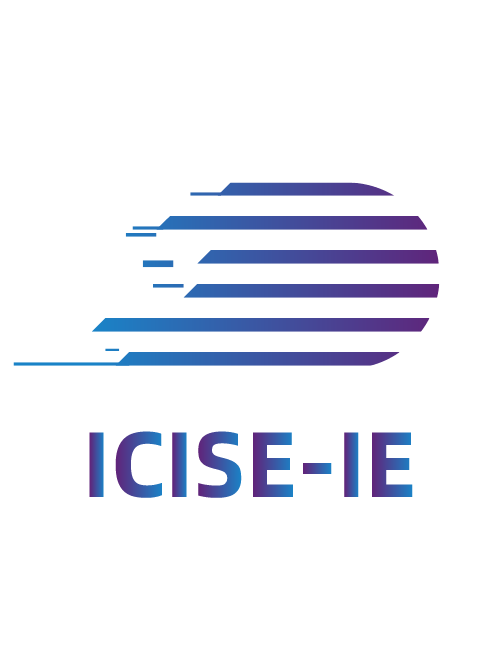
Speakers
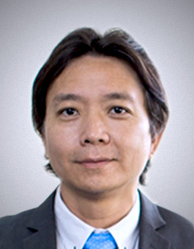
Fellow of IEEE
Prof. Yew-Soon Ong
Nanyang Technological University, Singapore
Yew-Soon Ong (Fellow of IEEE) received the Ph.D. degree in artificial intelligence in complex design from the University of Southampton, U.K., in 2003. He is President’s Chair Professor in Computer Science at Nanyang Technological University (NTU), and is the Chief Artificial Intelligence Scientist of the Agency for Science, Technology and Research in Singapore. At NTU, he also serves as Director of the Singtel-NTU Cognitive & Artificial Intelligence Joint Lab, and Director of the Data Science and Artificial Intelligence Research Center. He was Chair of the School of Computer Science and Engineering at NTU from 2016-2018. His research interest is in artificial and computational intelligence, presently in Memetic and Transfer optimization. He is founding Editor-in-Chief of the IEEE Transactions on Emerging Topics in Computational Intelligence and AE of IEEE TNNLS, the IEEE Cybernetics, IEEE TEVC, IEEE TAI and others. He has received several IEEE outstanding paper awards, Nanyang Education Excellence Award and was listed as a Thomson Reuters highly cited researcher and among the World's Most Influential Scientific Minds.
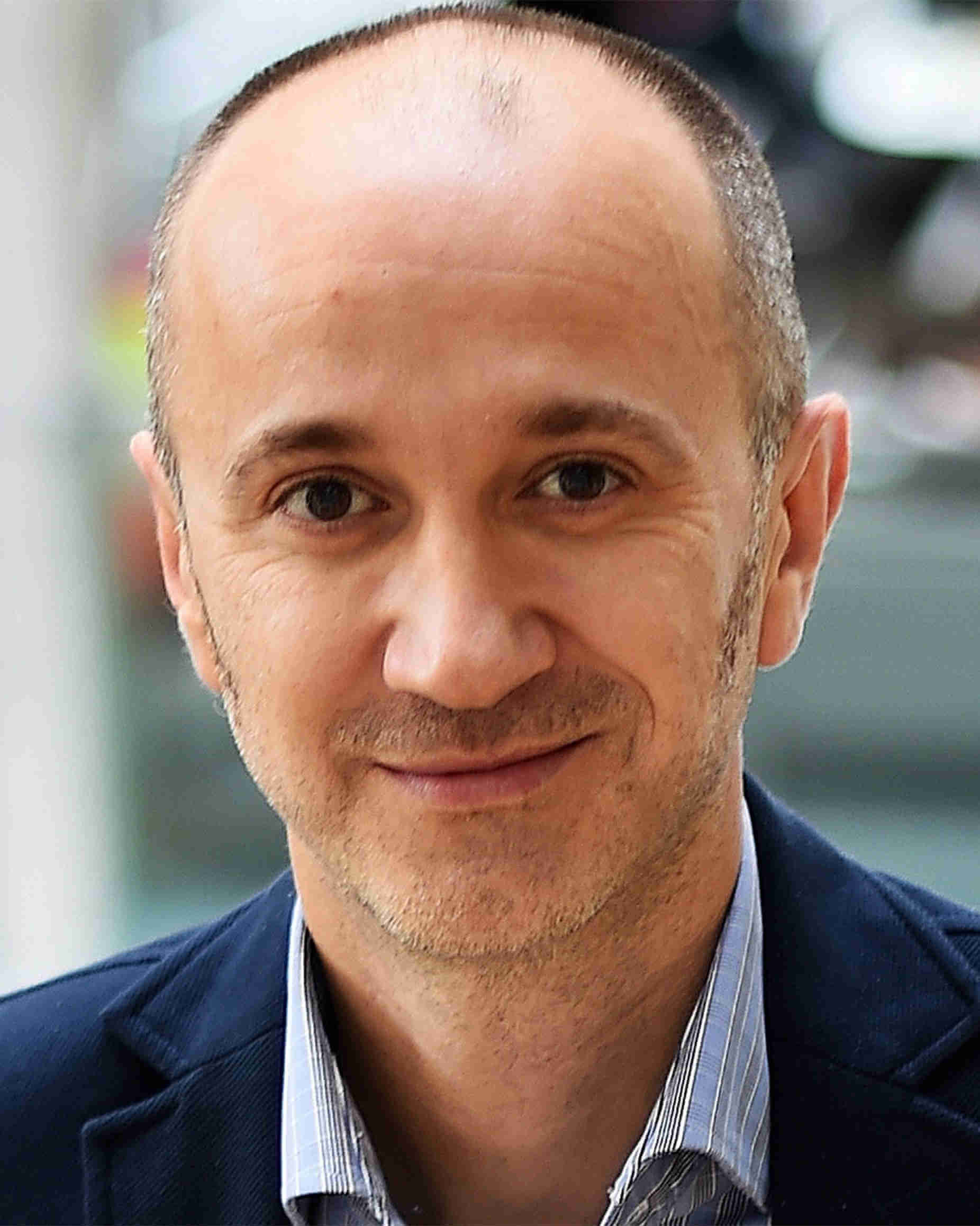
Prof. Dragan Gasevic
Monash University, Australia
Dragan Gašević is Professor of Learning Analytics in the Faculty of Information Technology and Director of the Centre for Learning Analytics at Monash University. He is a founder and served as the President (2015-2017) of the Society for Learning Analytics Research (SoLAR). He has also held several honorary appointments in Asia, Australia, Europe and North America. In 2019-2021, he was recognized as the national field leader in educational technology in The Australian’s Research Magazine. He led the EU-funded SHEILA project that received the Best Research Project of the Year Award (2019) from the Association for Learning Technology. In 2022, he received the Lifetime Member Award, the highest distinction of SoLAR. Dragan’s research interests centre around the development of computational and design methods that can advance understanding of self-regulated and collaborative learning.
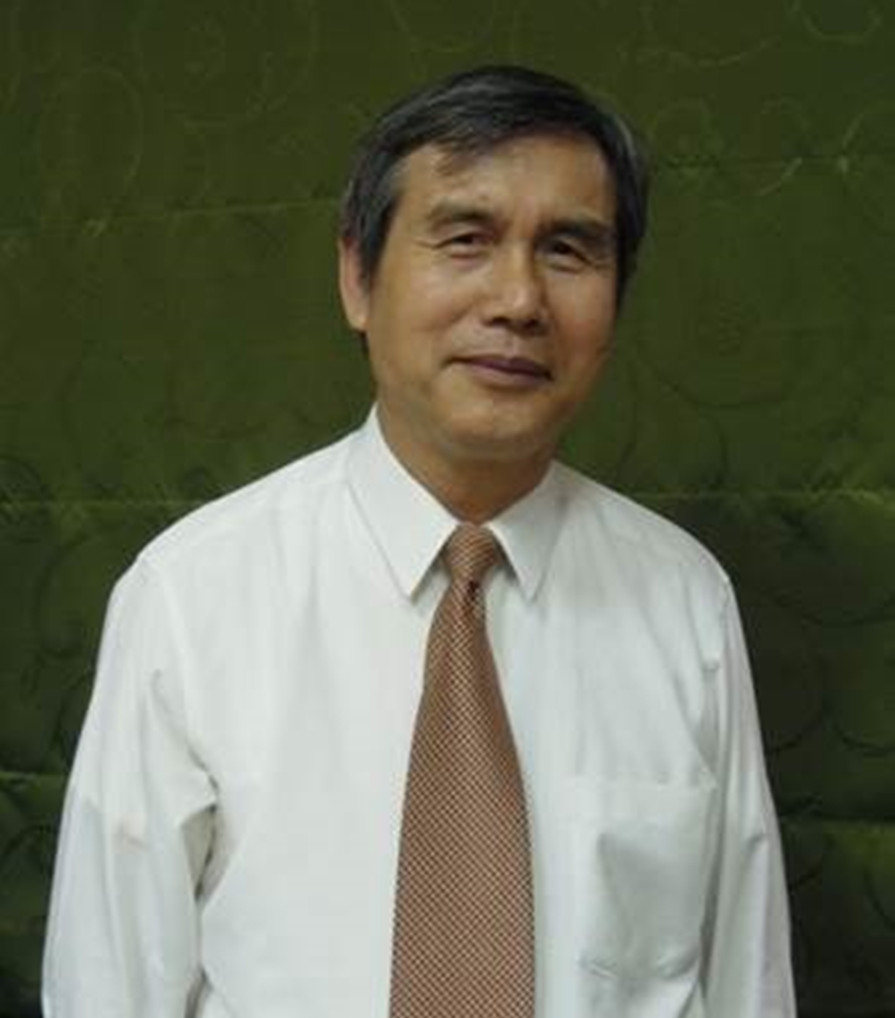
Prof. Jon-Chao Hong
National Taiwan Normal University, Taiwan, China
Jon-Chao Hong has received his doctoral degree in Education from the University of Illinois, Champaign-Urbana, and is currently working as a Chair professor in the department of industrial education at National Taiwan Normal University (NTNU). As the director of Digital Game-based Learning Laboratory (GBL), he has developed 9 web games, 24 educational Apps and VR for skill training and language learning.
As the secretary general of Taiwan Creativity Development Association, he also organizes several creative contests relevant to STEAM, such as PowerTech Contest to invite elementary, junior and senior high school students to produce robots or miniatures in the morning and using these to compete in the afternoon to ensure students’ hands-on creation without parents or teachers’ assistance. As the executive secretary of International Exhibition for Young Inventors (IEYI), he also promotes the innovative contest to give students an opportunity to stimulate their science inquiry abilities, and also cultivated students’ creativity and thinking attitude of STEAM. In addition, he has published a number of academic articles in international journals related to digital game-based learning and thinking skills and creativity about 45 articles on Social Sciences Citation Index (SSCI) journals and received the Outstanding Research Prize from Ministry of Science and Technology in Taiwan, China.

Prof. Minjuan Wang
San Diego State University, USA
Minjuan Wang is Professor of Learning Design and Tech at San Diego State University, iLRN's VP in International Relations, and Editor-in-Chief (EiC) of the IEEE Transactions on Learning Technologies (TLT).
Her research specialties focus on the sociocultural aspects of online learning, mobile learning, immersive learning using X-reality, and entrepreneurship education. She served as the chief editor for one international journal (EAI Transactions on E-Learning), and as guest editor for Virtual Reality and the Journal of Interactive Learning. She was either a Co-PI or senior personnel on several national and international grant programs. Currently she serves as co-PI on NSF’s Coupled Natural and Human Systems project led by SDSU’s Department of Geography (2018 to 2022). In addition, Dr. Wang is an internationally recognized scholar and has keynoted more than 25 international conferences.
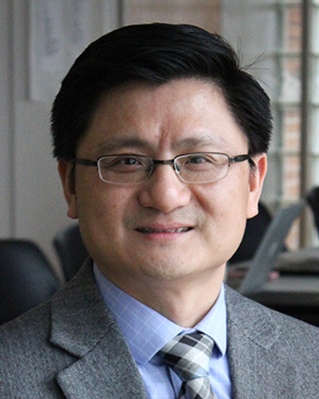
Prof. Kui Xie
The Ohio State University, USA
Kui Xie is Ted and Lois Cyphert Distinguished Professor and Professor of Educational Psychology and Learning Technologies in Department of Educational Studies at The Ohio State University. He is the director of The Research Laboratory for Digital Learning at OSU. Xie research investigates areas related to motivation and engagement in digital learning, K-12 technology integration and teacher professional development, technology intervention and learning environment, learning analytics and research methods. He focuses on building translational research in partnership with K-12 schools across the state of Ohio. His research has been funded by Institute of Educational Sciences, Ohio Department of Education, Ohio Department of Higher Education, the Spencer Foundation, and various school districts. He has numerous publications in flagship journals in crossover fields of Educational Technology, Educational Psychology, Teacher Education, and others. Xie serves as the associate editor for two journals: The Internet and Higher Education and Frontiers in Psychology. He served as a guest editor for Journal of Research on Technology in Education. He also serves as a member of the editorial board of Contemporary Educational Psychology and Journal of Educational Psychology. He served as chair for American Educational Research Association (AERA) SIG Instructional Technology, SIG Design and Technology, and section chair for Division C Section 3.A. Learning Environments and Section 3.B. Technology-Based Environments. In 2015, Xie was named the Ted and Lois Cyphert Distinguished Professor. In 2017, Xie received the EHE Distinguished Research Award from The Ohio State University. He also received a Chang Jiang Scholar Award from the Chinese Ministry of Education. In 2021, Xie was identified among the top 2% of scientists worldwide according to the rankings published by Elsevier and Stanford University.
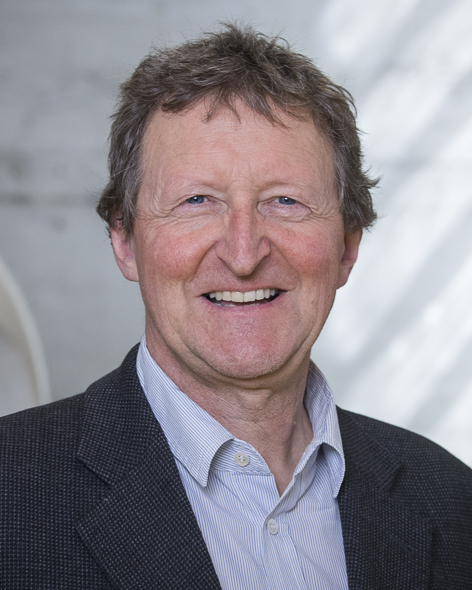
Prof. Philipp Gonon
University of Zurich, Switzerland
Philipp Gonon studied Law and Journalism from 1974 until 1976 at the University of Fribourg, Switzerland. Afterwards he continued studying Pedagogy at the University of Zurich, Switzerland, and at the Free University of Berlin, Germany. From 1986 until 1992 he became research assistant and lecturer at the Institute of Pedagogy of the University of Bern, Switzerland where he finished his postdoctoral lecture qualification in 1997. From 1999 until 2004, Gonon was appointed to Full University Professor at the Chair of Vocational and Operational Further Education at the University of Trier in Germany. Since 2004, Gonon has held the Chair of Vocational Education and Training and Vocational Teacher Training at the University of Zurich, Switzerland. Gonon has done research about Georg Kerschensteiner, the relation of schooling and vocation and about the European educational reforms. He specialised in the areas of historical and international comparative educational research. In addition, Gonon does research in quality assurance and evaluation, modularization in Vocational Education and he publishes about Philosophy and Theory of Vocational Education.